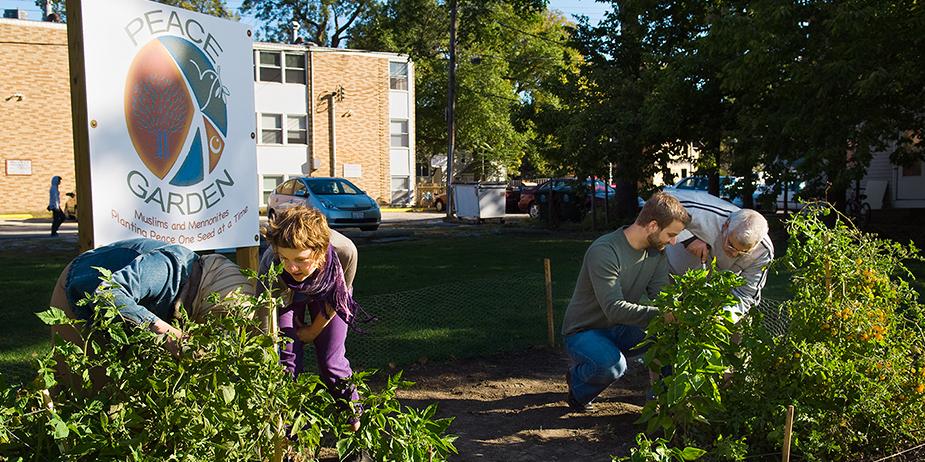Express your interest in pursuing a certificate. Once accepted, you will receive an email with further instructions for registration.
Degree requirement: Bachelor's degree required
Semester: Spring, fall
Program length: 3 university courses
Format: Online
Estimated Cost: $6,822-$7,780
Program Requirements
- Complete one 500-level approved course (must be HORT or CPSC)
- Complete two 400-level approved courses (at least 2 credit hours or more)
- Complete one of the following courses: HORT 434 or HORT 435
- Complete two courses from either Crop Sciences (CPSC) and/or Horticulture (HORT)
- Take courses for academic credit and earn a "B" or better for all courses
Coursework cannot be used to qualify for multiple certificates but can count towards an Online Master's Degree.
Tuition
Estimated tuition and fees for the Professional Development Certificate depend on the number of courses and hours taken. See Illinois Online for tuition and fee information.

Program Highlights
Courses
Designing Urban Agriculture
HORT 434, 2 credits, online lecture/discussion course, asynchronous in Spring
Emphasizes the design process and principles related to food production in urban environments. Lecture topics will include assessing, planning, and transforming the landscape at multiple scales from regional to neighborhood to specific site. In group discussions students will critically review readings from peer-reviewed and popular literature.
Students will engage in analysis and design of an existing site to integrate multiple functions, emphasizing the permanent infrastructure and perennial vegetation. Access to a computer that can be loaded with appropriate software (Sketchup) is necessary for mapping and design projects.
Prerequisite: HORT 100 or CPSC 112 or equivalent introductory course in plant science, one course in Humanities & the Arts, and one course in Social & Behavioral Sciences.
Urban Food Production
HORT 435, 3 hrs., online asynchronous in Fall
Explore opportunities and challenges for maximizing the productivity and sustainability of urban food production systems, considering agricultural, environmental, energy, social, and economic issues.
Students will examine the science and practice of urban agriculture through scientific and popular literature, case studies, online discussion, and service-learning opportunities. Production systems covered will include both outdoor (e.g., vacant lot urban farms) and controlled environment (e.g., hydroponics and aquaponics) agriculture.
Prerequisite: HORT 100 or CPSC 112 or equivalent introductory course in plant science.
Upon completing your required coursework, you will need to submit a completion request for your certificate.
Department Contact
